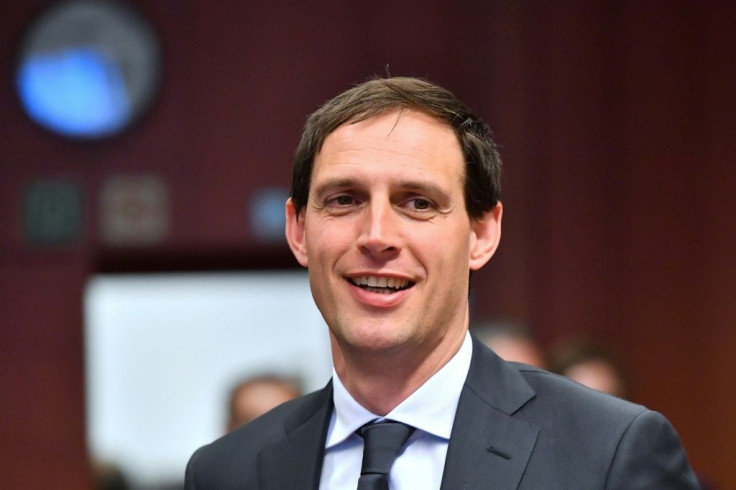Dutch Economy 'Robust' But Brexit, Trade War Clouds Gather

The Dutch economy is set to grow by 1.5 percent next year Finance Minister Wopke Hoekstra said Tuesday, as officials warned of a slowdown blamed on Brexit and the ongoing US-China trade war.
Speaking at the opening of the Dutch parliament, Hoekstra also announced that the Dutch government was loosening its purse strings to spend more on stimulating the economy, including the sluggish housing market, child care and defence.
"Despite all the upheaval, the Dutch economy remains robust," Hoekstra told MPs at the presentation of the 2020 budget.
For the fifth year in a row a budget surplus was expected with revenue totalling 305.5 billion euros ($337 billion) as opposed to 302 billion euros in spending, official documents said.
Unemployment stood at 3.5 percent.
But Hoekstra warned: "After years of booming, economic growth is declining."
Earlier Tuesday, Dutch King Willem-Alexander, in his traditional speech, also said that although the country's outlook was positive, dark clouds are gathering on the horizon.
"Our internationally-focused economy is vulnerable to disturbances on the world market, especially as a result of trade conflicts," the King said in his speech, written by Prime Minister Mark Rutte and his cabinet.
However he did not refer directly to the current bruising trade war between the United States and China.
"Besides, Brexit is throwing its shadow over things," the royal added.
The Dutch government was set to capitalise on low interest rates to borrow billions of euros to invest in "sustainable economic growth," Finance Minister Hoekstra said.
The government is to present a project in early 2020 to create a national investment fund worth 50 billion euros to boost the economy in less prosperous times by pumping money into innovation, research and infrastructure, Hoekstra said.
Its decision to relax fiscal discipline comes days after European Central Bank chief Mario Draghi urged eurozone governments to spend more to boost Europe's economy.
© Copyright AFP {{Year}}. All rights reserved.





















